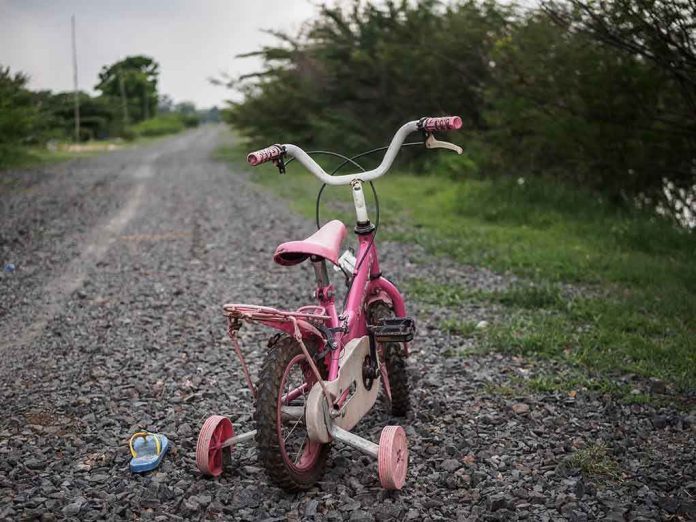
A shocking case of child neglect in Miami Gardens raises urgent questions about government oversight and the safety net for America’s most vulnerable children.
Story Snapshot
- Miami Gardens mother of nine arrested after police found children living in extreme filth and without food.
- Police intervention occurred only because of an unrelated disturbance, not a welfare check.
- All nine children, ages 1 to 10, were removed from the home and placed under state care as the mother faces criminal charges.
- The incident spotlights recurring failures in child welfare monitoring and raises concerns about systemic breakdowns in oversight.
Police Uncover Severe Child Neglect in Miami Gardens Home
On August 2, 2025, Miami Gardens police responded to a disturbance near NW 36th Avenue and heard the sounds of children fighting inside a nearby home. Officers entered and discovered nine children, ranging from one to ten years old, living in deplorable conditions. The house was littered with garbage, the kitchen contained feces and roaches, and there was no edible food available. The children were unbathed and covered in filth, and their mother, Ashley Lashay Jennings, was immediately arrested and charged with nine counts of child neglect without great bodily harm.
This case did not come to light due to routine child welfare checks but was instead exposed by police responding to an unrelated neighborhood disturbance. This circumstance underscores a broader issue: without proactive oversight, instances of severe neglect can go unnoticed until a crisis erupts. Such events highlight glaring gaps in local and state child welfare systems, raising questions about the effectiveness of current monitoring and intervention protocols, particularly in communities already struggling with poverty and resource constraints.
Legal and Social Ramifications for Family and Community
Following Jennings’ arrest, her nine children were removed from the home and placed under the care of the Florida Department of Children and Families. The mother’s first court appearance occurred on August 3-4, 2025, and decisions regarding bail and custody remain pending as the criminal case proceeds. The immediate removal of the children was necessary to shield them from further harm, but their long-term welfare is now uncertain. Experts warn that children subjected to chronic neglect may face psychological and developmental challenges for years to come, and the process of state intervention, while necessary, often leads to further family disruption.
In Miami Gardens and similar communities, cases like this have triggered heightened scrutiny of local social services. The public is left questioning how such extreme neglect could persist undetected, especially when multiple children are involved. Previous high-profile incidents in Florida have led to calls for more robust welfare checks and stronger accountability for parents and guardians. Nonetheless, resource constraints and bureaucratic hurdles continue to hamper effective intervention, perpetuating a cycle that endangers vulnerable children and erodes confidence in government institutions.
Broader Implications for Child Welfare Policy and Community Responsibility
This incident has reignited debate over the adequacy of child protection policies and the role of government agencies in safeguarding at-risk youth. While some experts advocate for increased community support services to prevent neglect, others emphasize the need for stricter enforcement and harsher penalties for offenders. The Miami Gardens case serves as a cautionary example of what can happen when warning signs are missed or ignored, and when agencies fail to coordinate effectively. It also prompts broader questions about personal responsibility, parental accountability, and the limits of government intervention in family life.
As the judicial process unfolds and the children’s future is determined by state authorities, this story stands as a stark reminder: maintaining a strong, vigilant community and holding government agencies accountable are essential to protecting the most defenseless among us. The public’s frustration with systemic failures is justified, and renewed attention to effective oversight, local engagement, and common sense family values is more critical than ever to prevent similar tragedies from happening again.


